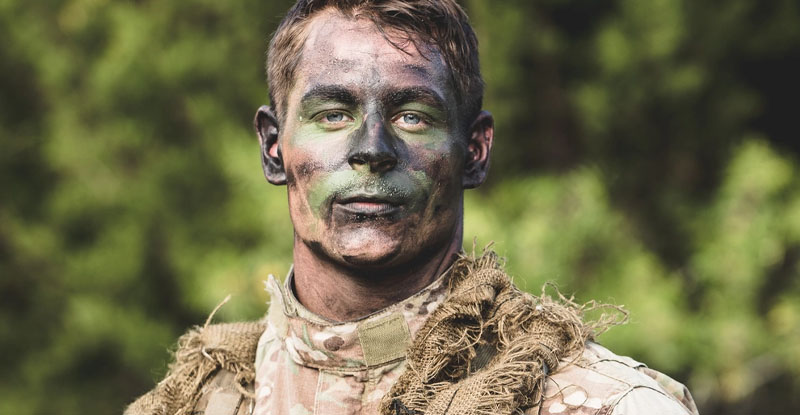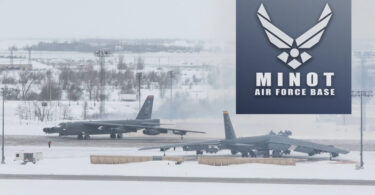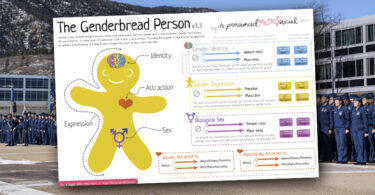By Will Thibeau, Army Veteran
Secretary of the Army Christine Wormuth is concerned about the risk of “developing a warrior caste,” as, stubbornly, the majority of military recruits come from military or veteran families.
In a recent hearing in front of the House Armed Services Committee, Secretary Wormuth warned of the possibility that the Army would become “more and more distant” from the population it swears to defend. Secretary Wormuth insisted “that’s something you want to guard against,” but did not manage to give a reason why.
The military must exist based on hierarchical values that are—justifiably—unknown to a democratic society built on liberalism.
Service in the military requires a life of sacrifice and order that runs counter to a civilian American upbringing.
Adultery, for example, is against military law; you must seek approval to go on vacation; and you will lose your job if you gain too much weight.
Such limitations on personal freedom are presumably objectionable to many Americans, and to society writ large.
The military requires different lifestyles of its members, so we should be grateful that a caste of veterans’ ancestors stand ready to serve.
In his 1957 book, Soldier and the State, Samuel P. Huntington defined the proper balance between a democratic society and a military that must exist based on contrary principles.
Huntington paints a compelling picture of an American military forged between 1860 and 1940 that was built, not on “citizen soldiers,” but professional officers who saw themselves as set apart, or you could say “distant,” from the society they existed to defend. William T. Sherman disdained any political involvement from officers, even to the point where he did not vote.
Having never served in uniform herself, Secretary Wormuth has spent decades cycling back and forth between bureaucratic outposts and think tank roles. She has evidently spent little time considering the military as a profession. Civilian leadership is necessary to promote trust in military leaders to manage training, tactics, and policies that make the fighting force lethal, so Secretary Wormuth need not have worn the uniform.
But her inability to comprehend the role of the military profession in society is a common, but dangerous failure among defense leaders in both Democratic and Republican administrations.
The military does not exist to reflect or mirror society, but to fight bloody wars on behalf of the nation. The culture and values required for this grave responsibility are, thankfully, not something one finds in most of the American population.
We have a “military caste” that bears the burden of American warfighting. Public policy should embrace this reality, not wish it were not so.
Recent data indicate this caste is collapsing without a replacement cohort in waiting.
Last year, the Wall Street Journal reported on the growing discontent among military and veteran families with the concept of service for their offspring.
By some accounts, fewer than nine percent of those households would allow or encourage family members to serve. Wars without purpose, politicized military leaders, and a decaying notion of public service are corrupting the future of the military caste that has fought so well for so long.
For reasons too complicated and dangerous to unpack, other sectors of society are not filling the void left by the Wormuthian disdain for the military caste.
Military.com released internal Army data in January 2024 that presented a complete collapse in white recruits since 2018 in relation to the parallel stagnation of other demographic groups. White recruits, the basis of military recruiting, are joining the military at lower rates than ever. Others are not picking up the slack, for the proportion of black and Hispanic recruits has only grown in relation to the decline in white recruits.
As Congressman Jim Banks argued in a hearing on April 17, this reality presents a stubborn problem for Army officials desperate to make the military more racially diverse.
Leaders like Secretary Wormuth cannot simultaneously bemoan the rigid traditionalism of the military caste, undercutting it with an insistence on diversifying the forces, while also promising to meet recruiting goals.
The military caste exists as a reality of civil-military relations in America. This is not a problem to fix, but a truth around which to build military policy.
A professional and dangerous Army exists to do the bidding of American interests where they are best served.
Will Thibeau is the Director of The American Military Project at the Center for the American Way of Life.
First published in American Mind
Biden’s @SecArmy is worried that too many recruits come from military families.
She claims this “risks developing a warrior caste.”
The Army is the smallest it’s been since WWII—why tell people from military families they’re not wanted?
Very hateful and not smart! pic.twitter.com/r3GXJcQiUV
— Jim Banks (@RepJimBanks) April 16, 2024
Evidence that the DEI/CRT agenda in the military DOES hurt recruiting and retention








Leave a Comment